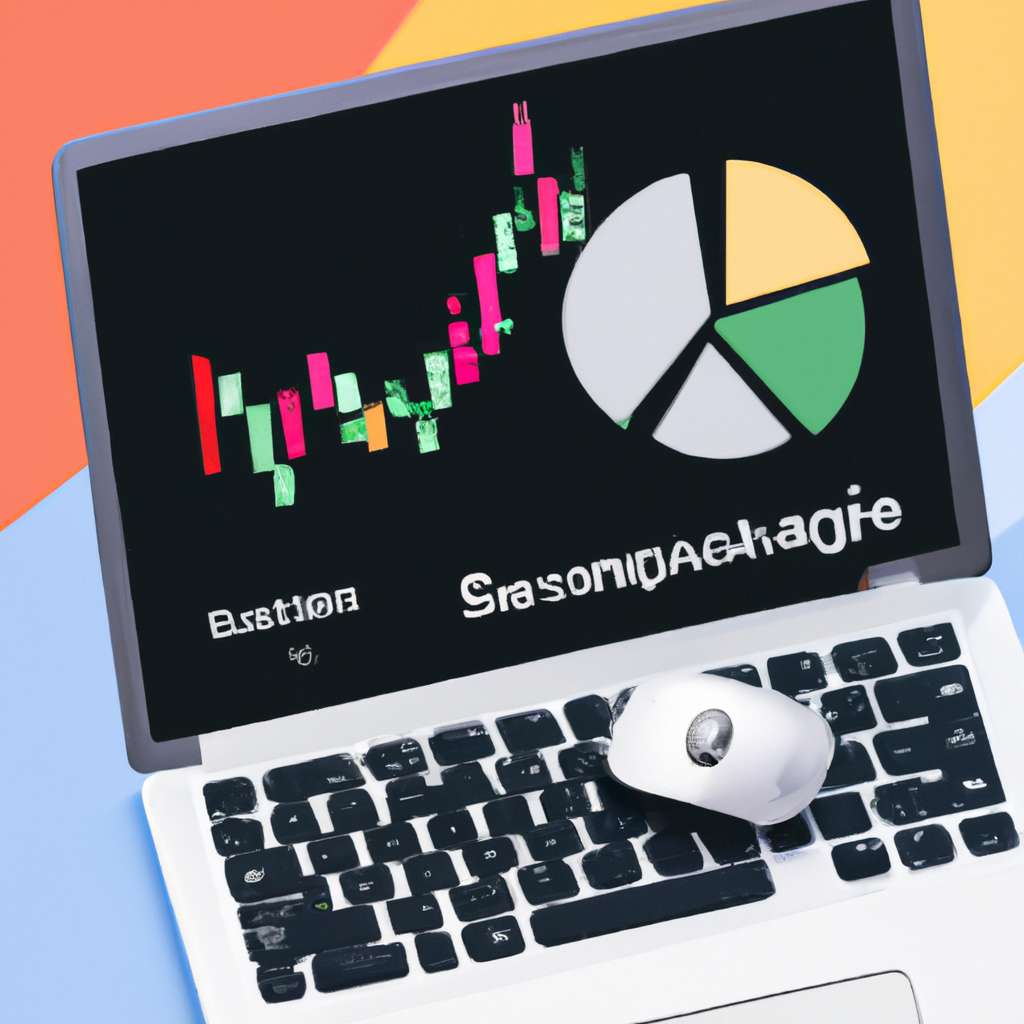Online Trading Platforms Comparisons
Introduction
Online trading has become increasingly popular in recent years, allowing individuals to buy and sell financial instruments from the comfort of their own homes. With so many online trading platforms available, it can be challenging to choose the right one for your needs. In this article, we will compare some of the most popular online trading platforms to help you make an informed decision.
1. Platform Features
When comparing online trading platforms, it is essential to consider the features they offer. Some key features to look for include:
a. User-Friendly Interface
A user-friendly interface is crucial for beginners and experienced traders alike. Look for platforms that offer intuitive navigation, easy order placement, and customizable layouts.
b. Charting and Technical Analysis Tools
Charting and technical analysis tools are essential for traders who rely on technical indicators to make trading decisions. Look for platforms that offer a wide range of indicators, drawing tools, and the ability to save and share charts.
c. Market Research and Analysis
Access to comprehensive market research and analysis can significantly enhance your trading experience. Look for platforms that provide real-time news, economic calendars, and research reports from reputable sources.
d. Mobile Trading
In today’s fast-paced world, the ability to trade on the go is crucial. Consider platforms that offer mobile trading apps compatible with your smartphone or tablet.
2. Available Markets and Instruments
Different online trading platforms may offer access to various markets and instruments. Consider the following factors when comparing platforms:
a. Stocks
If you are primarily interested in trading stocks, ensure that the platform provides access to a wide range of stocks from different exchanges.
b. Forex
For forex traders, it is crucial to choose a platform that offers a broad selection of currency pairs, competitive spreads, and access to advanced forex trading tools.
c. Commodities
If you are interested in trading commodities like gold, oil, or agricultural products, make sure the platform provides access to the specific markets you are interested in.
d. Cryptocurrencies
Cryptocurrency trading has gained significant popularity in recent years. If you wish to trade digital currencies, ensure that the platform supports a wide range of cryptocurrencies and provides robust security measures.
3. Trading Costs and Fees
Trading costs and fees can significantly impact your profitability. When comparing platforms, consider the following:
a. Commission Fees
Some platforms charge a commission per trade, while others offer commission-free trading. Evaluate the fee structure and consider your trading frequency to determine the most cost-effective option for you.
b. Spreads
Spreads refer to the difference between the bid and ask prices. Lower spreads can result in lower trading costs, especially for frequent traders.
c. Deposit and Withdrawal Fees
Check if the platform charges any fees for depositing or withdrawing funds. High fees can eat into your profits, so it is essential to consider this aspect.
4. Security and Regulation
Security should be a top priority when choosing an online trading platform. Consider the following factors:
a. Regulation
Ensure that the platform is regulated by a reputable financial authority. Regulation provides a level of protection for traders and ensures that the platform follows strict guidelines.
b. Account Security
Look for platforms that offer robust security measures, such as two-factor authentication, encryption, and segregated client accounts.
c. Investor Protection
Consider platforms that offer investor protection schemes, such as compensation funds, in the event of the platform’s insolvency.
Conclusion
Choosing the right online trading platform is crucial for your trading success. By considering factors such as platform features, available markets and instruments, trading costs and fees, and security and regulation, you can make an informed decision that aligns with your trading goals and preferences. Remember to thoroughly research and compare different platforms before making your final choice. Happy trading!



